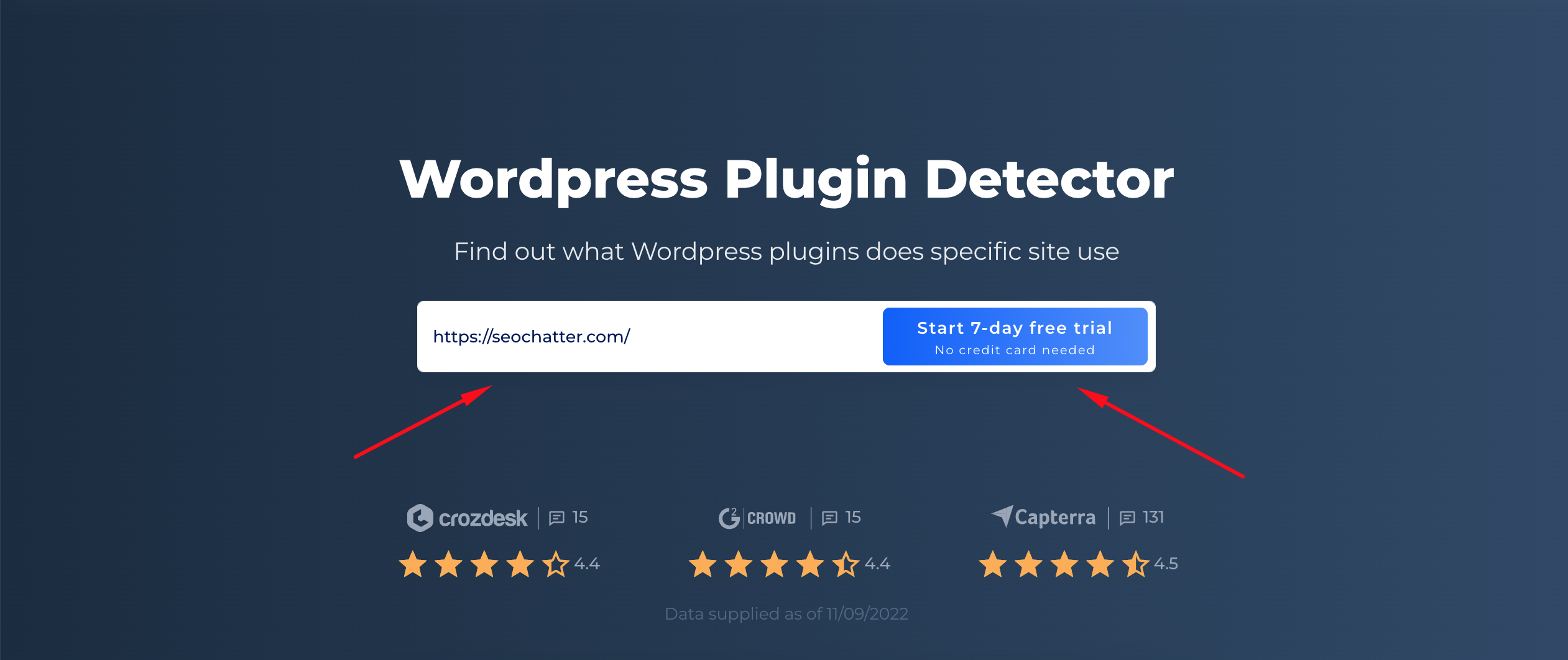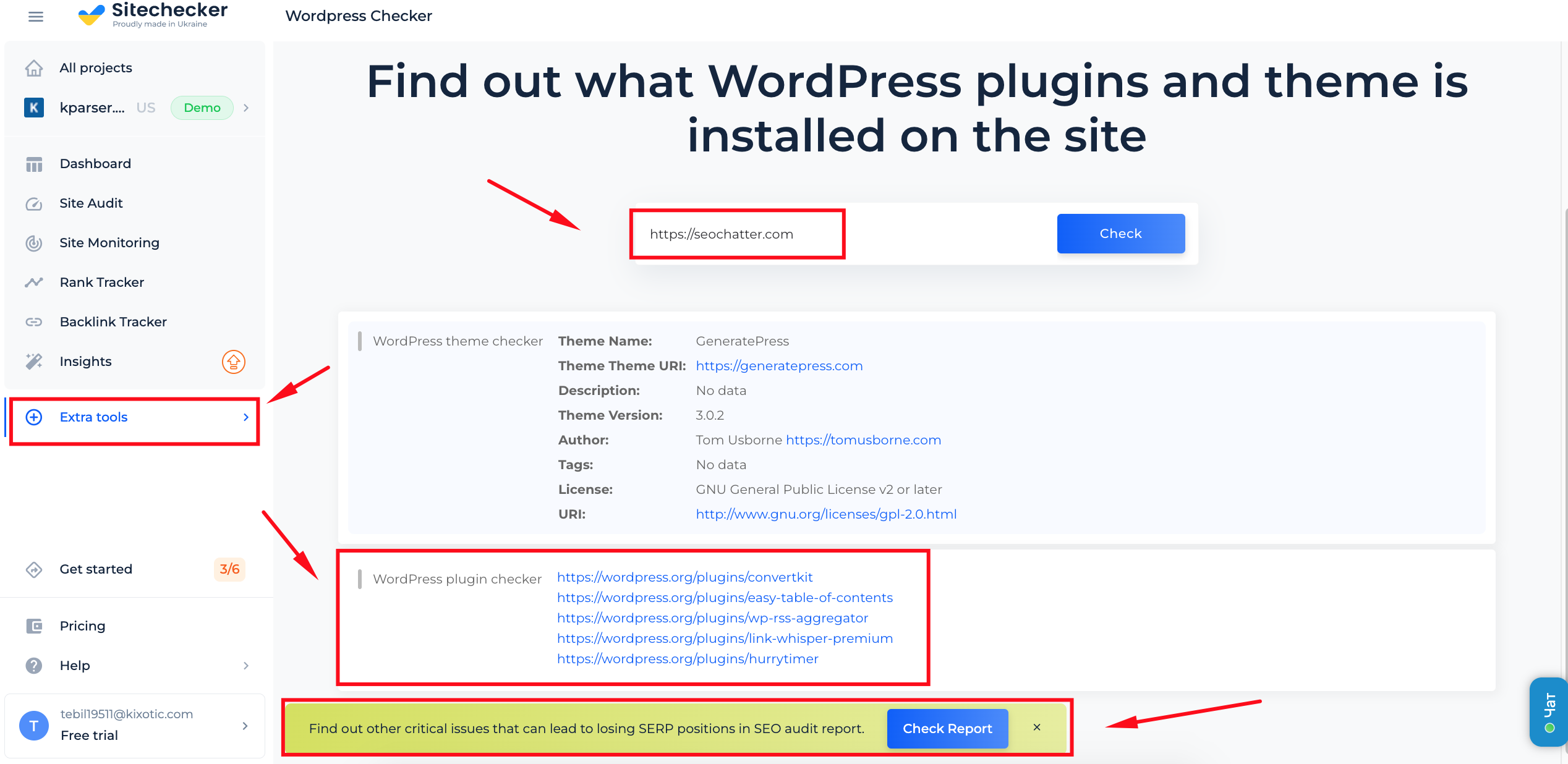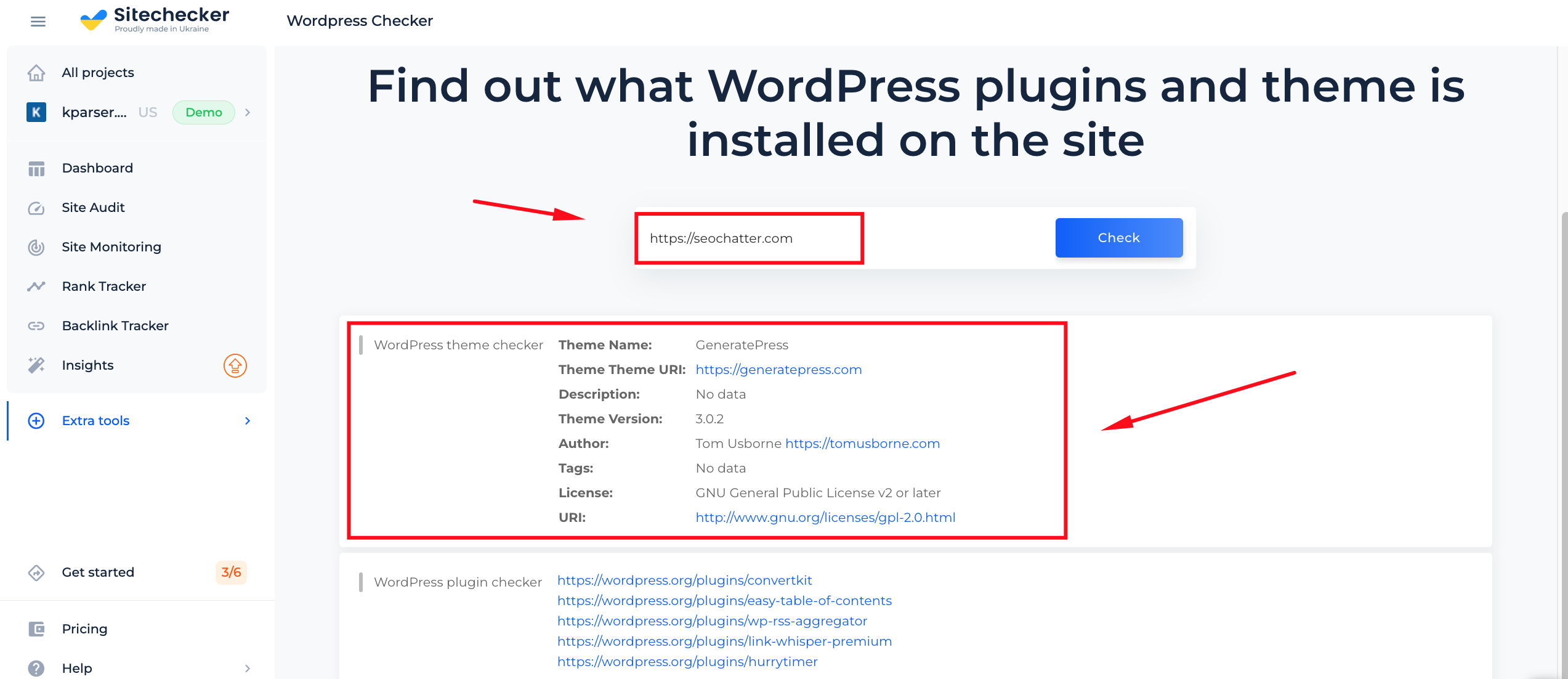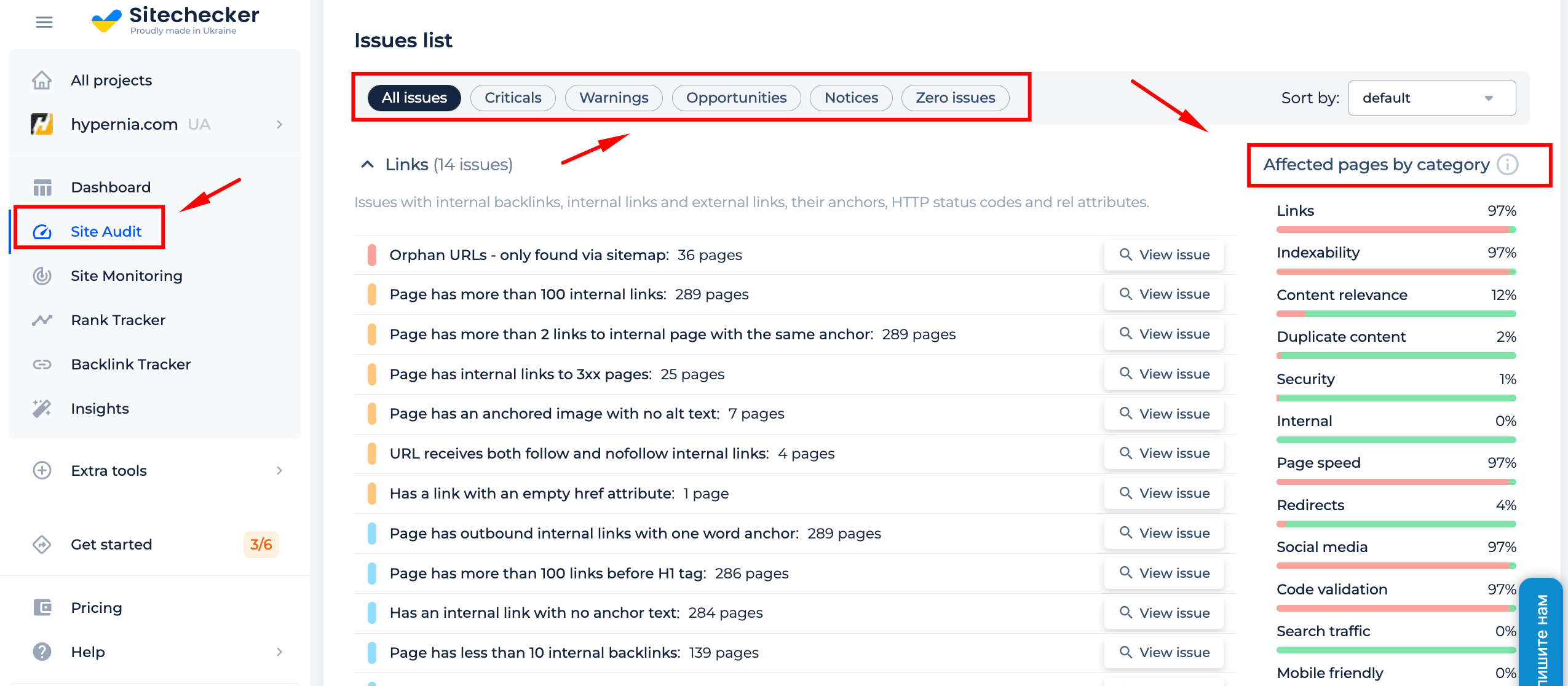For at least the last decade, WordPress has been a powerhouse at website creation and hosting. Whether it be a personal blog for sharing content or poetry, a site for advertising professional services, or anything in between, WordPress had the tools for hosting everything.
Among these tools are plugins, which give you lots of customization while making your site. If you’ve used WordPress extensively, you might be able to detect them at a glance, but what if you’re new? Suppose you come across a site made with WordPress and uses elements you are unfamiliar with but really like. You want them, but how do you find them?
Well, that’s when you use a WordPress plugin detector.
What Is a WordPress Plugin Finder?
As the name suggests, a WP plugin analyzer is a tool that lets you find out which WordPress plugins a site is using. These can take the form of widgets, comment boxes, subscription forms, email contacts, etc.
Using a WordPress Plugin Detector: a Step-by-Step Guide
Now that we know what it is, it is time to show you how to use a plugin checker step by step.
Step 1: Insert your domain and start free trial
First, copy the address of the WordPress site you want to check. Then paste it in the bar and press start the free trial. For our example, we’re scanning seochatter.com.

Step 2: Interpreting WordPress plugin checker results
The scan you perform will show you the list of WordPress plugins is using the site. Also, there is the possibility to find out other critical issues that can lead to losing SERP positions in SEO audit report by pressing the button “Check report”. This is the additional feature the more details about will be given in the next paragraph.

Additional Features of WP Plugins Detector
WordPress theme details
As you can see, there is also data about WordPress theme of the analyzed website. So, using the tool you get additional information about your WordPress site.

SEO audit report
Looking for a comprehensive tool to help with both WordPress plugin analysis and website audits? Look no further than our tool! In addition to checking plugins, we’ll also provide a website audit report to help identify any potential problems. This report will not only highlight these issues, but also offer suggestions on how to resolve them. The audit can be broken down by issue type or category, allowing for efficient targeting and resolution of crucial issues affecting your website’s success.

How to Detect WP Plugins With HTML
All websites depend on HTML coding to make their displays work; anybody who knows how to access this code can easily check for plugins. Let’s check them all out.
- Open up the page source for the website and press Ctrl + F to search the code quickly. Type in wp-content/plugins/ and start the search. You will find all the plugins used on the site.
- Some add-in have comments. If you come across a text in green while scrolling through the source code, these are comments. Scan them to see if they are related to plugins.
- You can also find specific page elements like tables or widgets. If you find elements labeled ID or Class within this code, you can find information about the plugin used.
Are WP Plugins Important for SEO?
When optimizing your strategy and improving your blog or website, SEO plugins for WordPress are your best friend. However, you must make certain to select a high-quality theme or add-in that fulfills your requirements. Also, avoid overusing plugins; doing so can cause the performance of pages to lag and load slower.
Checking WordPress Plugin is important but not enough to rank good enough!
Crawl your site and find out all kind of issues that can hart your users or your website SEO.
What Google says
Google agrees! WP plugins can bring a lot of new eyes and clicks to your site if properly utilized. A good selection of plugins can take your site to the top of Google’s search results. A quick search will show you hundreds of app that can be used for this purpose. If you’re looking for the best ones, check this video by Neil Patel out:
WP vulnerability
WP pages are open to breaches, which can happen through old versions and outdated add-in. They are especially vulnerable because these apps contain all kinds of site information, making the breach larger if they are compromised.
SEO plugins & site
The need and desire to install many apps, thinking that this will lead to exponential clicks and popularity, is misleading. Less is more, and efficient use of plugins achieves far more success.
To maintain security and performance, it’s essential to keep your WordPress core, themes, and plugins updated. With WordPress Updates Monitoring, you can receive automatic alerts about outdated plugins and themes, ensuring your site is always up-to-date and secure. This proactive approach helps prevent vulnerabilities while maintaining a fast and user-friendly experience for your visitors.
If you do fill your page with add-in, it will take longer to load, and visitors will lose their patience and simply move on to sites with a better loading speed. Nobody has the time to wait five minutes to see your beautiful website. Impress them with how well your site works, not how pretty it looks, and you will never run out of people coming your way.







